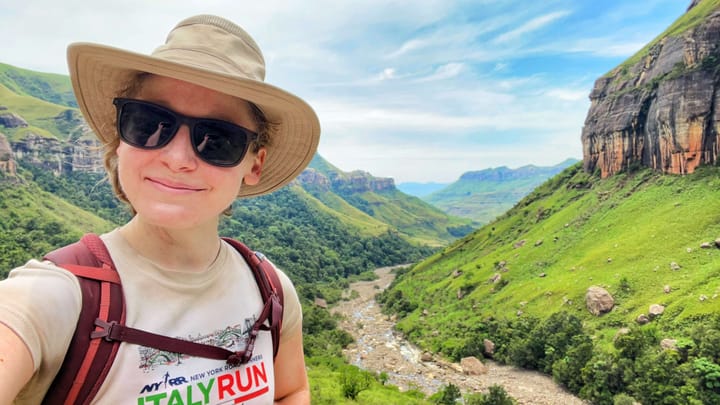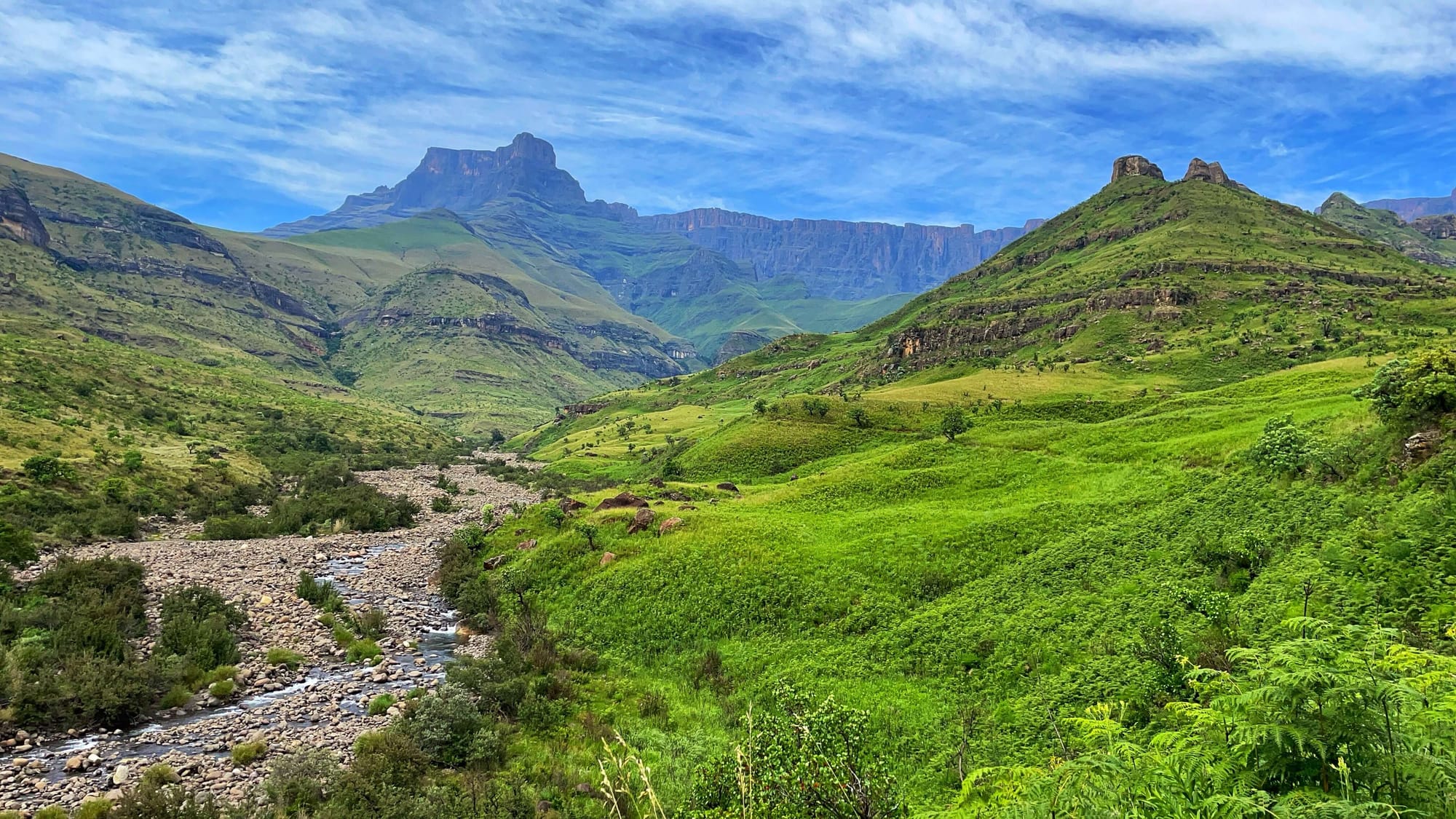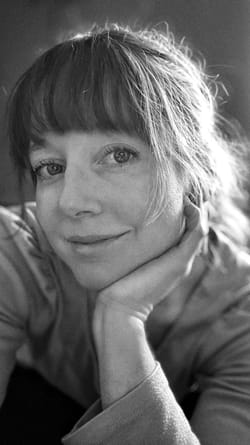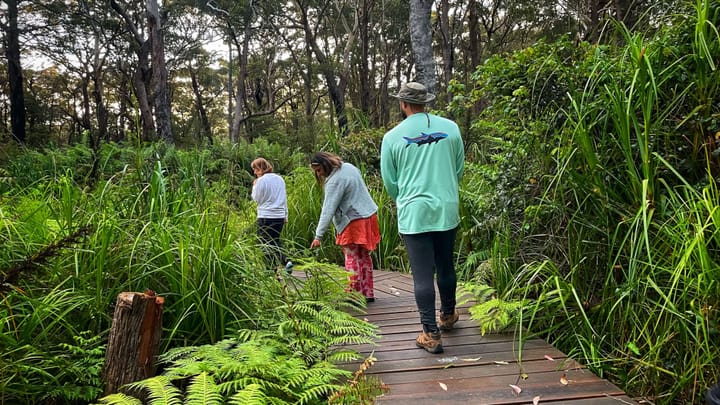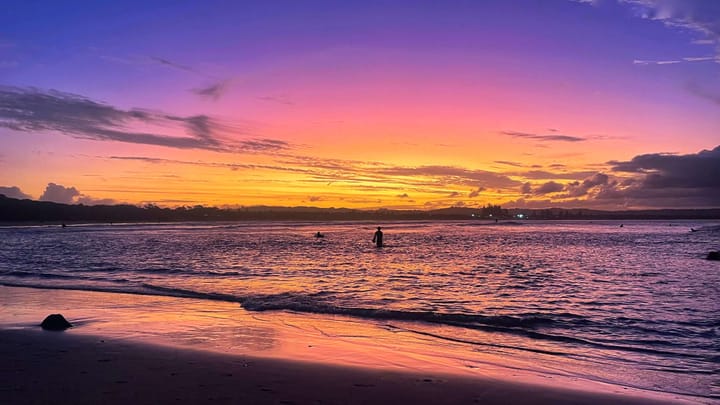In the beginning, I was more honest.
"I’m burned out," I would say. "I’ve had a lot of health issues and I need to heal."
Or: "I just wanted to see the world and remember what it felt like to be alive."
Or: "I’m not really sure that I’m going to make it to retirement, so I’m taking it now."
But people didn’t really like that honesty. I could feel the entire mood drop, like it was too much, too soon. Maybe it was my fault, or maybe it was that they weren’t really asking why I was traveling. They were just making conversation, and wanted to fit me into a box they understood.
"Are you a student?"
No.
"What do you do?"
I used to be a documentary filmmaker.
"What do you do now?"
I don’t know, I’m sort of taking a break to figure it out.
"For how long?"
I don’t know. Maybe a year?
"How will you know when to go back?"
When the money runs out?
They laugh.
I don’t really know. I’m hoping it reveals itself to me.
People don’t really know what to make of a woman in her thirties traveling alone.
You’re supposed to be building a career, having kids, or both. At the very least you should be settling into a partnership and a community in a place where you’ve decided to make a life for yourself. Investing in real estate. It’s a little off of the socially acceptable timeline of things to do what I did. Too early for a midlife crisis, too late to be wandering around and trying to see what fits.
Most conversations began with people projecting their assumptions on me about what I was doing or going through, and over time, instead of correcting them, I let them. It was easier to go with the flow, move on from an otherwise unsatisfying conversation for the both of us, than correct them and explain my life story.
Often people thought I was a student, and I let them, because as a student, I got more grace. In their eyes, I was still a little baby chicken hatching in the real world. I didn’t have to have it all figured out, as a student. Plus, they might take pity on me and offer to help me. I appeared a bit more helpless, when I appeared to them younger. "Helpless" is a funny word by the way. Shouldn’t it be "helpmore"? You are helped more when you are described as helpless…
Omissions of the truth eventually morphed into explaining my circumstances in half-truths people could understand. "I went through a breakup," I said. That was something that made sense to people. Everyone had seen or heard of Eat Pray Love. "We were in different places," a vague but true version of events.
None of what I said was untrue, but it felt like lying because it was incomplete. It never quite encapsulated the scope of why I had made the decision to travel the world.
It felt like I was showing them a puddle, when my story was the ocean.
Not one line of interrogation ever really got to the truth of who I was and what I was doing. Because if you really wanted to know my story, why I was in my 30s and leaving a successful film career in New York City to travel the world and find myself, you’d have to buy the book.
And so I wrote it.
